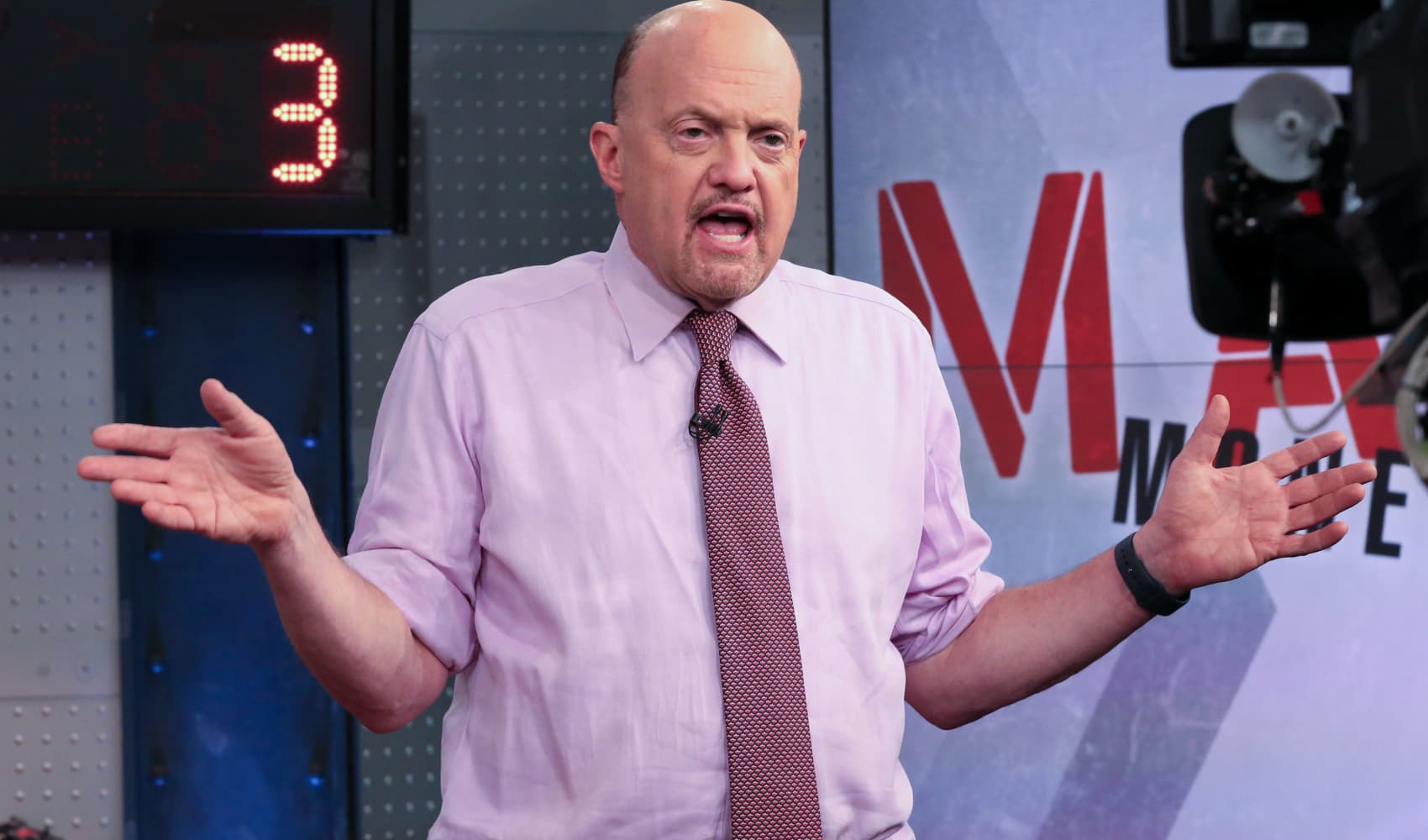
Warren Buffett walks the floor and meets with Berkshire Hathaway shareholders ahead of their annual meeting in Omaha, Nebraska on May 3rd, 2024.
Stock prices fell sharply on Thursday after President Donald Trump the day before announced sweeping tariffs of 10% on all U.S. trading partners and higher levies on countries with which the U.S. has a trade deficit.
With Thursday's decline, the S&P 500 — a proxy for the broad U.S. stock market — has now slid more than 11% from its record high in February, putting the index in correction territory, defined as a drop of 10% or more from recent highs.
Watch NBC 5 free wherever you are
Investors and economists alike fear that Trump's tariff policies could ignite a trade war with the nation's trading partners and push inflation higher, two factors that could push the U.S. toward an economic slowdown. Should a recession become imminent, markets could sell off — and quickly.
Over the years, Berkshire Hathaway chairman and investing legend Warren Buffett has recommended staying calm in times of volatility.
Get top local stories in DFW delivered to you every morning with NBC DFW's News Headlines newsletter.
In his 2017 letter to shareholders, Buffett wrote: "There is simply no telling how far stocks can fall in a short period." But should a major decline occur, he continued, "heed these lines" from Rudyard Kipling's classic poem "If," circa 1895.
"If you can keep your head when all about you are losing theirs ... If you can wait and not be tired by waiting ... If you can think — and not make thoughts your aim ... If you can trust yourself when all men doubt you ... Yours is the Earth and everything that's in it."
Why keeping your cool pays off
Money Report
It's worth noting that Buffett was writing about major declines in the stock market, such as periods like the 2007 to 2009 bear market during which the S&P 500 lost more than 50% of its value.
Those are quite a bit rarer than what's happening now. In fact, corrections in the stock market are pretty standard fare. There have been 21 declines of 10% or more in the S&P 500 since 1980, with an average intra-year drawdown of 14%, according to Baird Private Wealth Management.
Of course, investors often don't know if things are going to go from bad to worse until they do.
"No one can tell you when these will happen," Buffett wrote in 2017. "The light can at any time go from green to red without pausing at yellow."
But whether a decline is modest and short-lived or seemingly long and painful, the message to individual investors is the same: Stick to your long-term plans and continue investing.
Buffett writes that he views downturns as "extraordinary opportunities." Why? Because, historically, it's never been all that long before the market resumes its upward trajectory.
Since 1928, the average bear market — defined by a decline of 20% or more from recent highs — has lasted less than 10 months, according to data from Hartford Funds. In the scope of the several decades you likely plan on investing, that's practically no time at all.
And even if living through it can be scary, keep your eyes on the prize: your long-term goals. By continuing to consistently invest as the market declines, you effectively buy stocks when they're selling at a discount. As long as you take a well-diversified approach to investing, you'll get a better and better deal the further stock prices fall.
As Kipling says, keep your head, ignore breathless headlines and keep doing your thing. Will the Earth and everything in it be yours? Maybe not — but you'll likely do a good job of boosting your long-term wealth.
The whole attitude recalls another quote of Buffett's, about taking advantage of bargain-priced investments, this time from his 2009 shareholder letter: "Big opportunities come infrequently. When it's raining gold, reach for a bucket, not a thimble."
Want to earn some extra money on the side? Take CNBC's new online course How to Start a Side Hustle to learn tips to get started and strategies for success from top side hustle experts.
Plus, sign up for CNBC Make It's newsletter to get tips and tricks for success at work, with money and in life.






